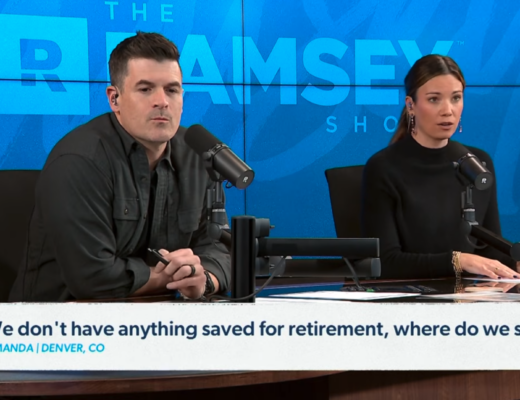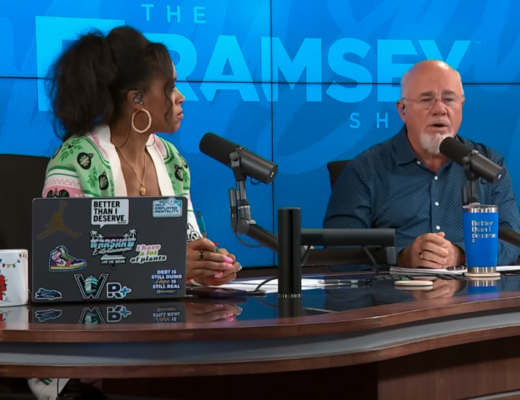I’ve spent years helping people break free from traditional financial advice, and I’ve seen firsthand how infinite banking can transform someone’s financial future—but only when it’s implemented correctly and for the right reasons.
The Truth About Infinite Banking
Let me be clear: infinite banking isn’t a magic pill that will make you rich overnight. It won’t turn your car purchases into wealth-building opportunities, and it certainly won’t work if you’re living paycheck to paycheck.
What infinite banking actually does is create a financial foundation that gives you access to capital when you need it most. Unlike money locked away in 401(k)s and IRAs (what I call “money in prison”), cash value in a properly structured whole life policy remains accessible while still growing.
The problem is that many agents sell infinite banking all wrong. They focus on using it to finance expenses like cars or houses, claiming you’ll “pay yourself back with interest.” This is misleading. When you borrow against your policy, you’re still paying interest to the insurance company, not yourself.
If a bank offers me a 3.99% car loan, why would I take a 5-6% loan on my infinite banking policy? The only advantage might be not having a required monthly payment. The real power comes when you use your policy to invest in assets that banks won’t finance.
From Saver to Investor
The biggest mindset shift I had to make was moving from being a saver to becoming an investor. When I was a financial advisor, I taught clients they needed $2 million to retire and live on 3% ($60,000 per year). That was my dream.
Then a friend in real estate offered to pay me 2% monthly on my money. I did the math and realized that with just $100,000, I could generate $2,000 monthly—far more than the $3,000 annually I’d get using the traditional 3% rule.
This revelation changed everything. I sold my house to an investor, leased it back, then subleased it as a rental. I stripped out all my equity and invested it. As I tell people now: “Get your money out of prison, get it liquid, then get it working in other investments.”
What Makes Infinite Banking Work
The power of infinite banking isn’t just about returns—it’s about human behavior. As my colleagues Russ and Joey pointed out in our conversation, most people won’t consistently save money in a regular savings account. There’s no force making them do it.
With a whole life policy, you’re committed to funding it. This commitment creates discipline that most people simply don’t have on their own. As Russ shared: “I started saving $25,000 a year in my first policy. I wouldn’t have saved that $25,000 otherwise.”
Beyond the behavioral benefits, infinite banking offers:
- Better returns than bank savings accounts (3-4% versus nearly zero)
- The ability to leverage your money while it continues growing
- Tax-free growth and tax-free death benefit
- A built-in estate component that traditional savings lacks
Most importantly, it gives you access to capital when opportunities arise—something that’s impossible when your money is locked in retirement accounts.
Who Should Avoid Infinite Banking
Despite its benefits, infinite banking isn’t for everyone. You should avoid it if:
- You’re living paycheck to paycheck (focus on freeing up cash flow first)
- You can’t save at least $5,000 annually (consider convertible term insurance instead)
- You’re over 70 years old (look at estate planning strategies instead)
- You’re afraid of being different or thinking outside the box
- You only plan to save and never invest (savers are losers in an inflationary environment)
The biggest mistake I see is people falling in love with the safety of infinite banking but never actually using it. The government is printing money at a pace that’s hard to keep up with. You can’t out-save inflation—you must become an investor.
The Path Forward
When I look at my own journey, I’ve tried many investment strategies. I’ve done raw land partnerships, oil and gas, multifamily real estate, and single-family turnkey homes. Some worked, some didn’t.
What I learned is that passive investing is better than trying to be an active investor like I was back in 2006. Today, I focus on lending—hard money loans backed by real assets—though my strategy shifts with market conditions.
The key is finding investments that match your personality and goals. There’s no one-size-fits-all approach. Some people love short-term rentals, others prefer land deals with no tenants or toilets.
Infinite banking isn’t the end goal—it’s the foundation that gives you the capital and confidence to pursue the right investments for you. When used correctly, it becomes a powerful tool in creating true financial freedom.
Frequently Asked Questions
Q: How is infinite banking different from traditional savings?
Infinite banking uses properly structured whole life insurance to create a cash value account that grows tax-free at 3-4% while providing death benefit protection. Unlike traditional savings, it forces disciplined saving through premium payments and allows you to borrow against your cash value while your money continues growing uninterrupted.
Q: Should I use my infinite banking policy to finance car purchases?
Not necessarily. If a bank offers a lower interest rate (like 3.99%) compared to your policy loan rate (5-6%), the bank loan makes more financial sense. The real advantage of infinite banking is for financing opportunities that banks won’t fund, like investment down payments or business opportunities.
Q: How much money should I have before starting an infinite banking policy?
You should be able to consistently save at least $5,000 annually to make infinite banking worthwhile. If you’re living paycheck to paycheck, focus first on freeing up cash flow before implementing this strategy. Remember, infinite banking is a long-term strategy that works best when you’re financially stable.
Q: What’s the biggest mistake people make with infinite banking?
The biggest mistake is setting up policies but never using them for investments. Many people fall in love with the safety aspect but forget that in an inflationary environment, simply saving money isn’t enough. You must use your policy as a foundation for investing in assets that produce cash flow exceeding your monthly expenses.







